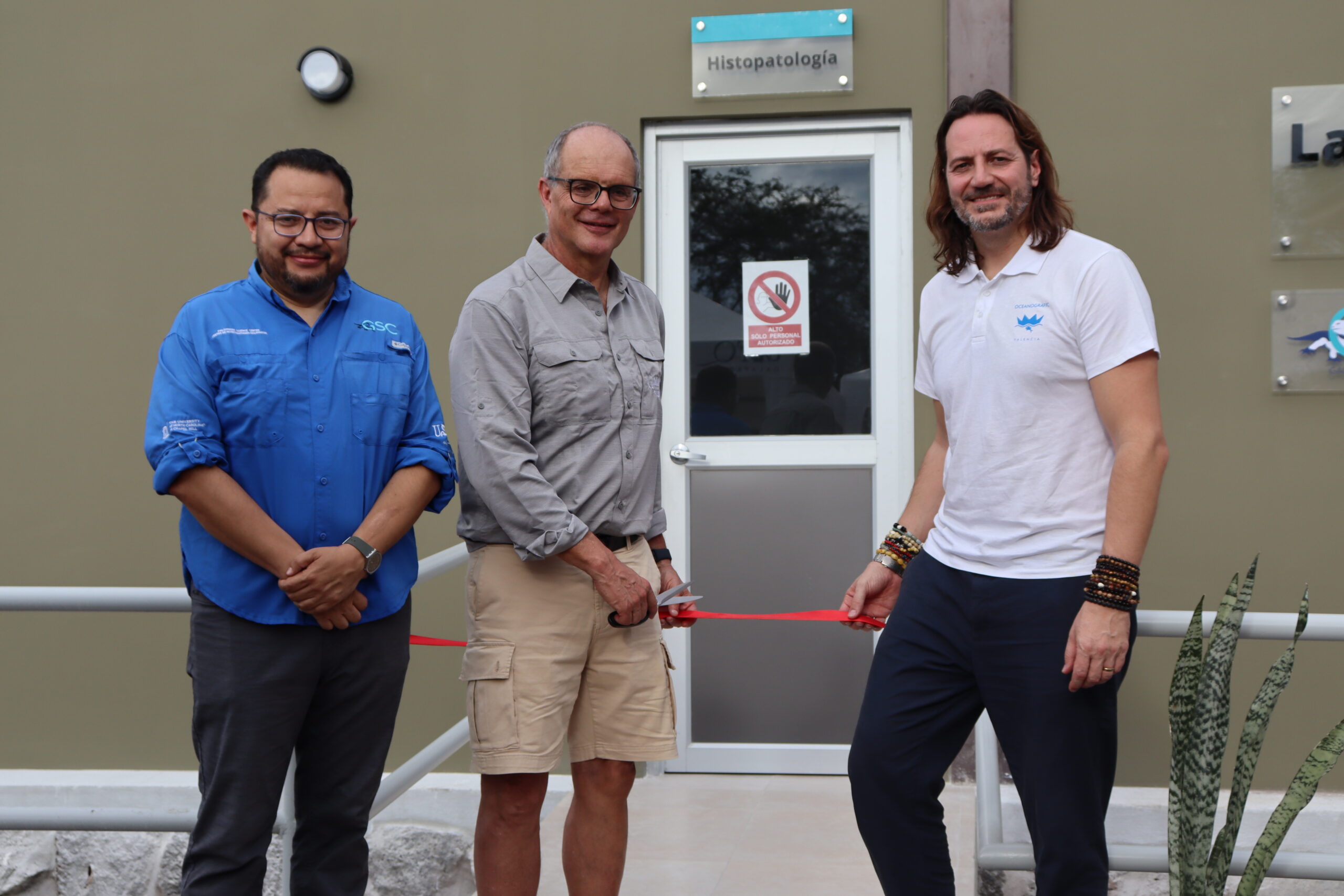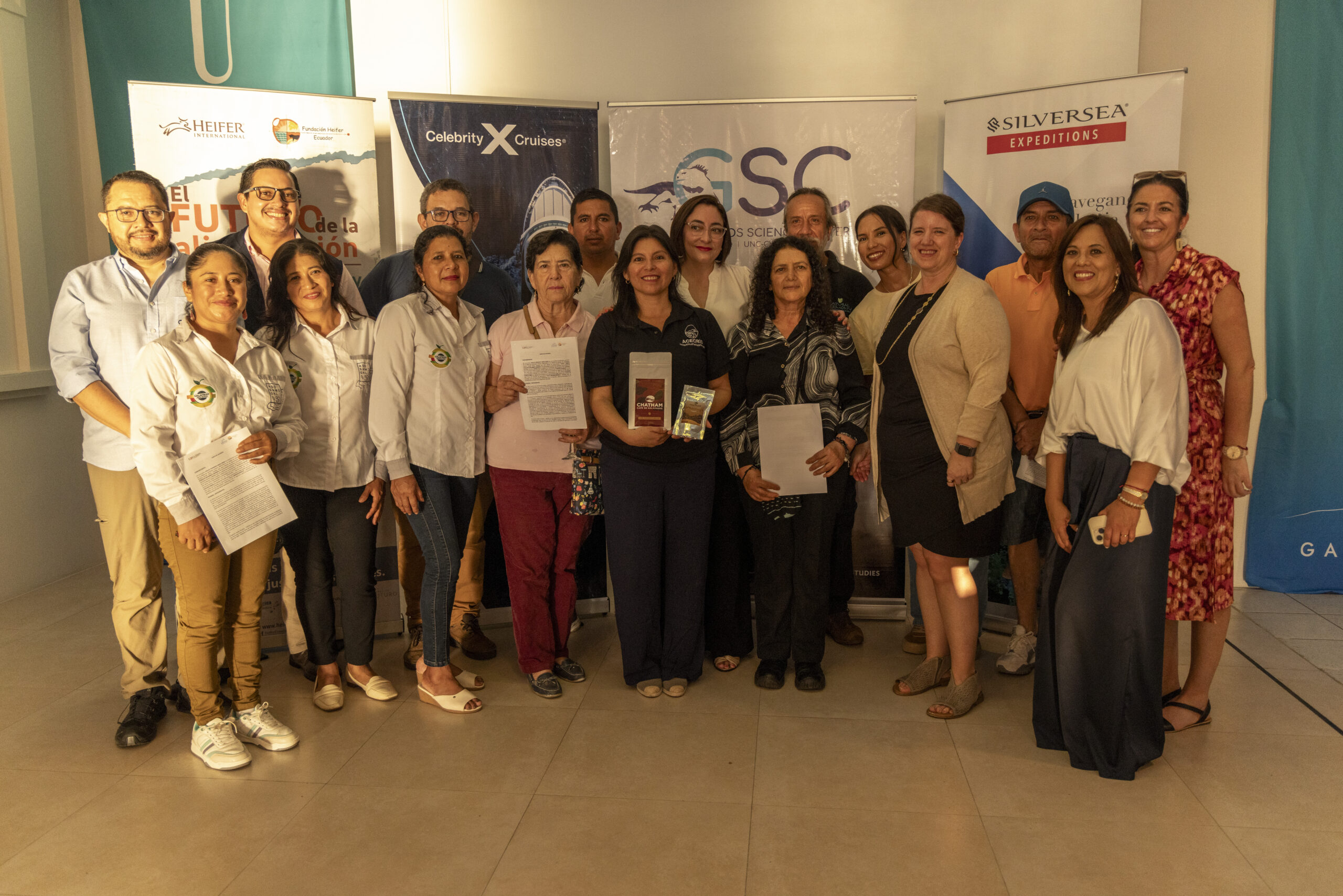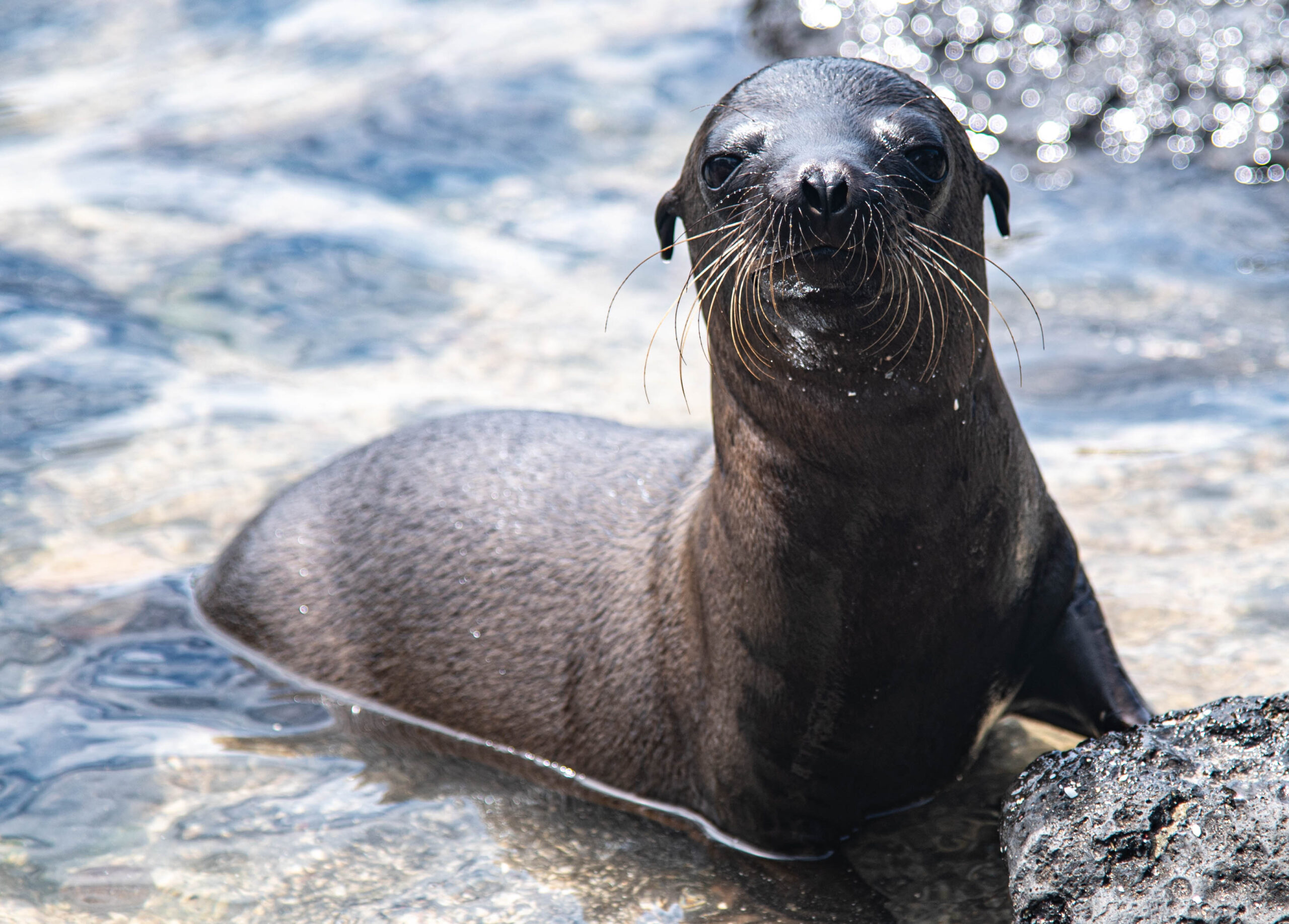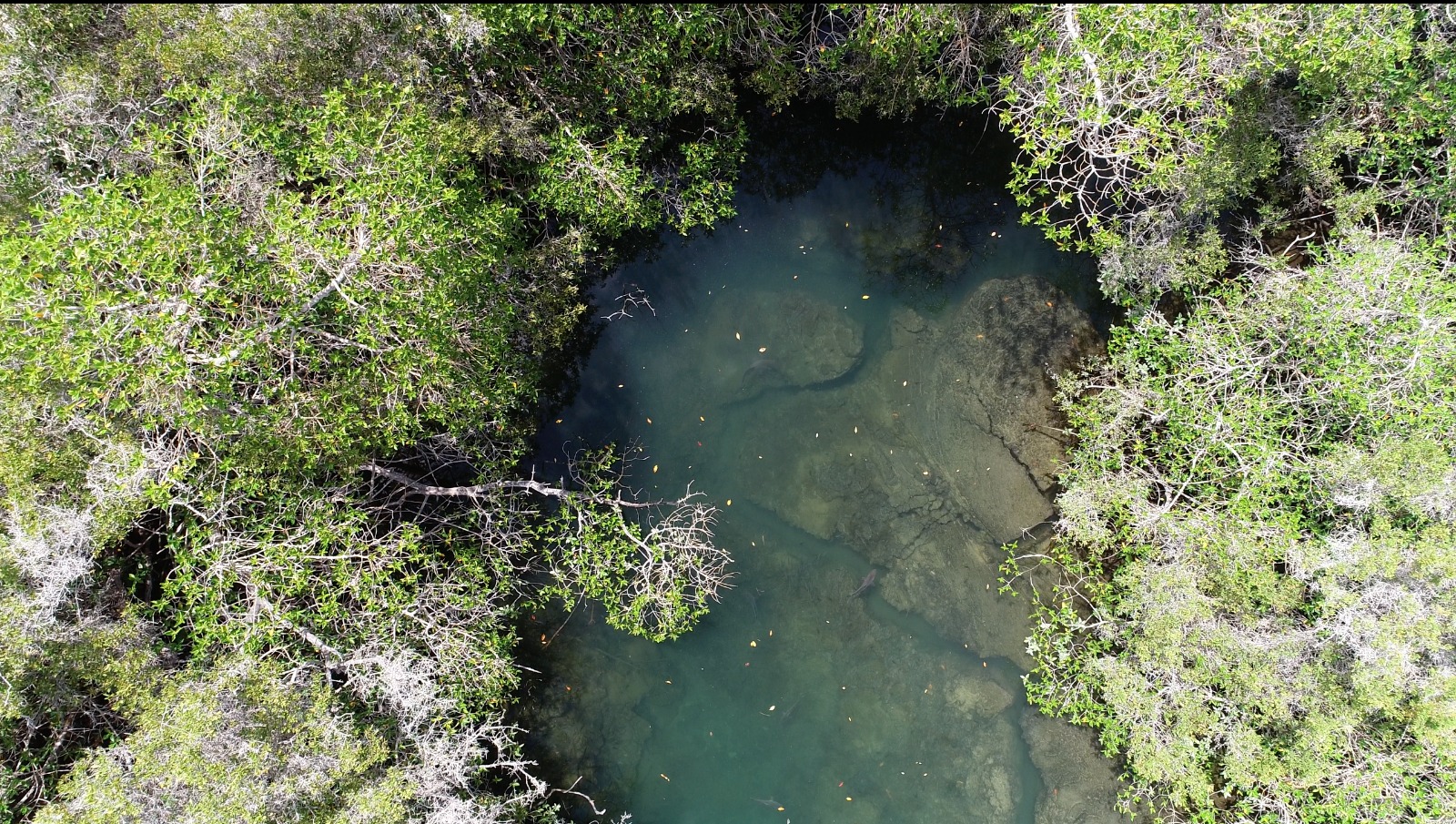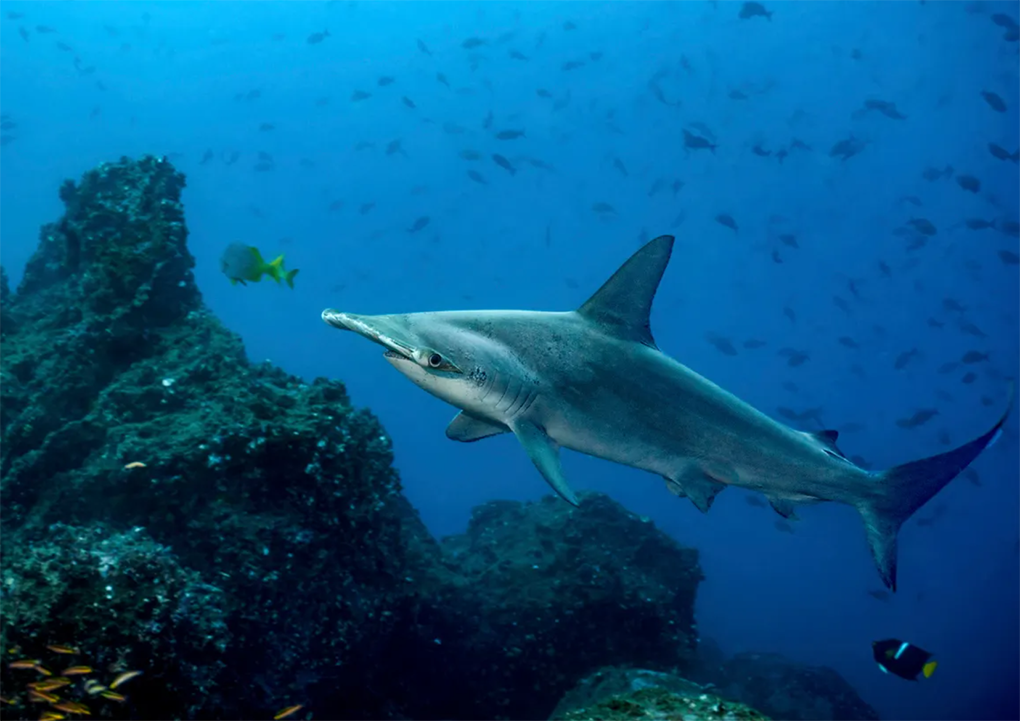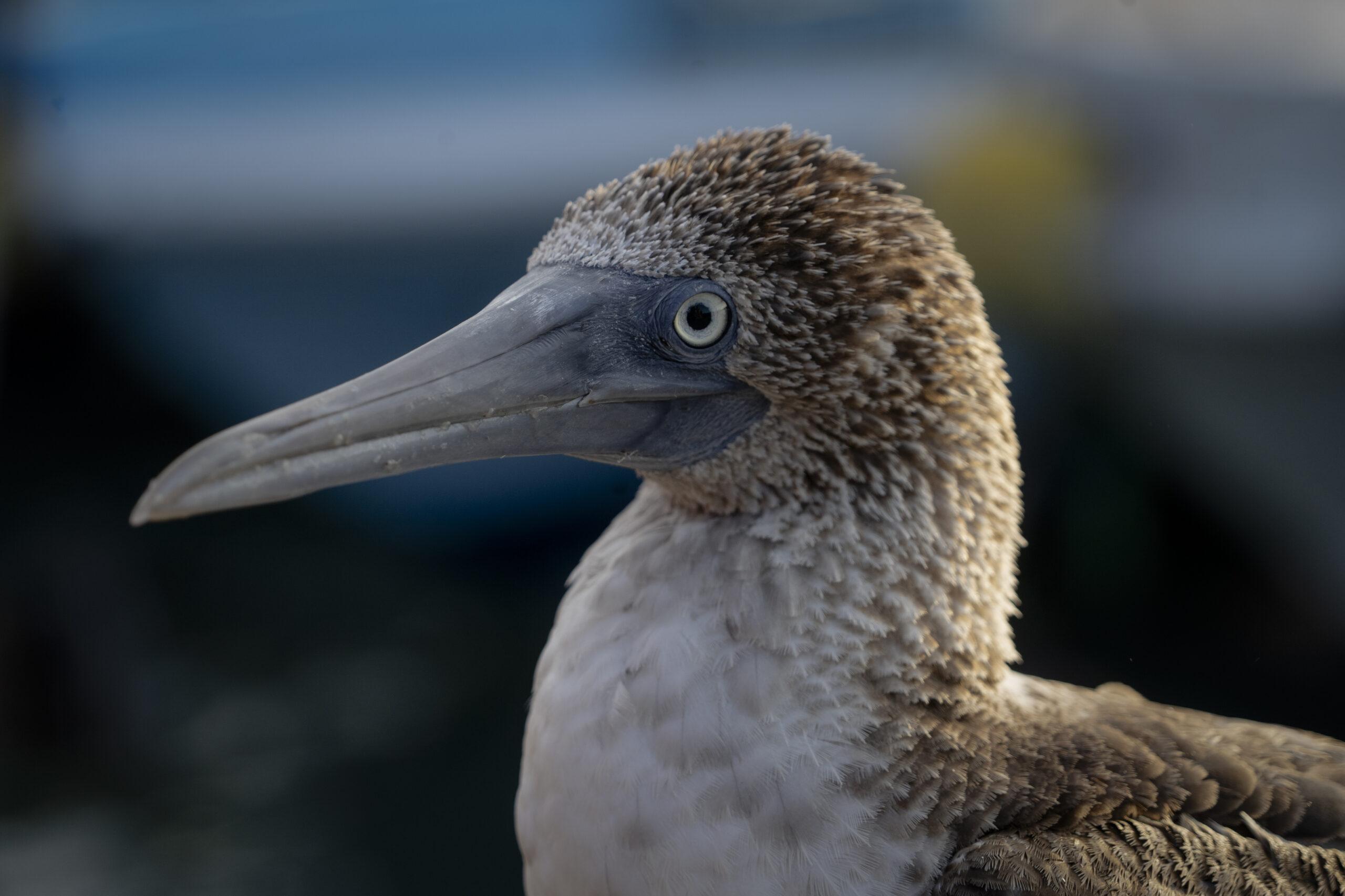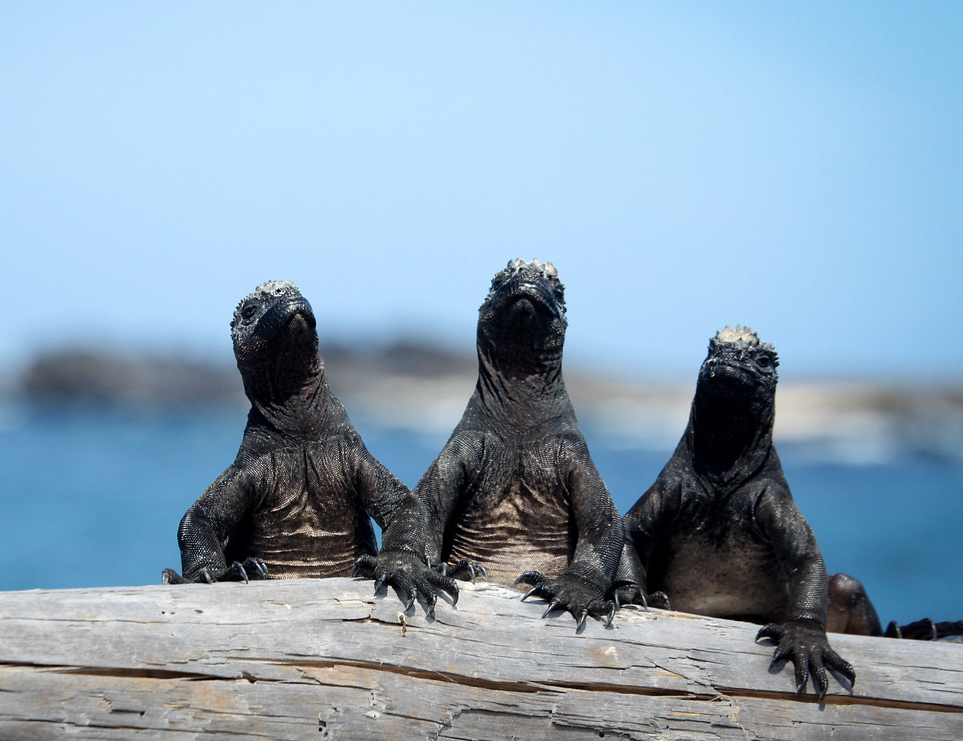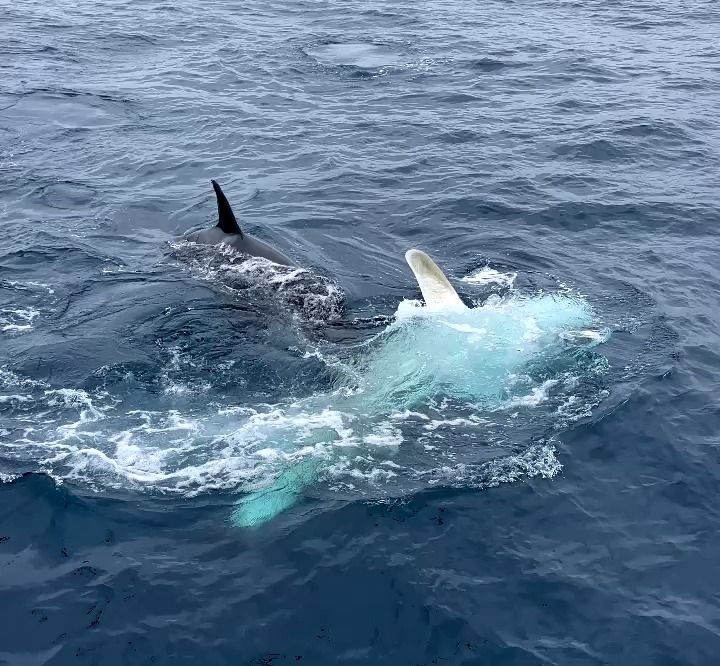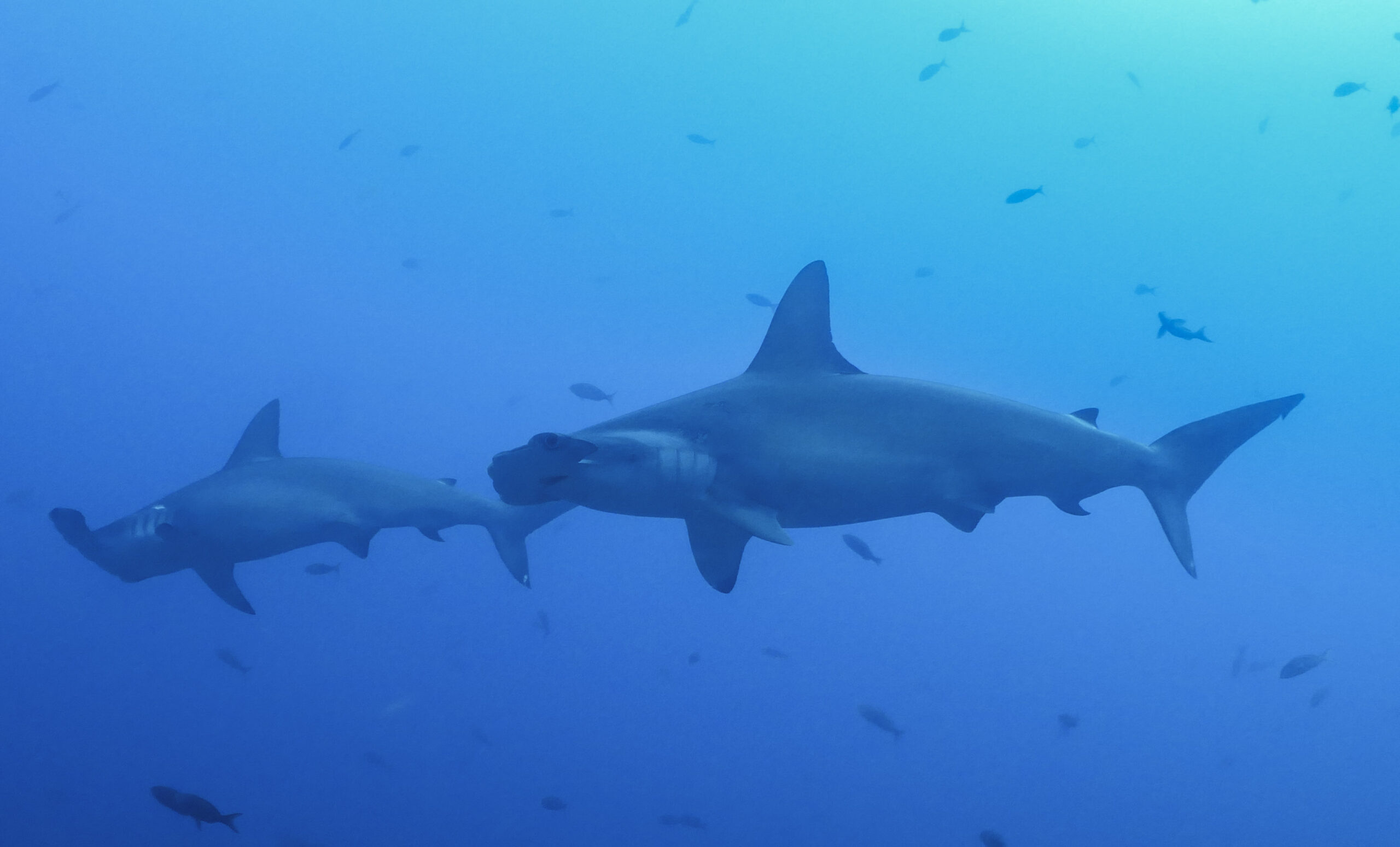
Expedición científica a Paramount: el monte submarino olvidado
En enero 2025, un equipo de científicos de la Universidad San Francisco de Quito (USFQ), el Galápagos Science Center (USFQ-GSC) y la Dirección del Parque Nacional Galápagos (DPNG) realizaron una expedición de dos semanas a Paramount: un monte submarino somero que se extiende desde los 1500 m de profundidad hasta alcanzar 180 m bajo la superficie, ubicado a 100 millas náuticas al noreste de la Reserva Marina de Galápagos. El objetivo de la expedición fue caracterizar la comunidad de peces presentes en el monte submarino y explorar su conectividad con Galápagos. Este trabajo se dio gracias al apoyo de las organizaciones Mission Blue, Galápagos Conservation Trust, MigraMar y Bezos Earth Fund.

